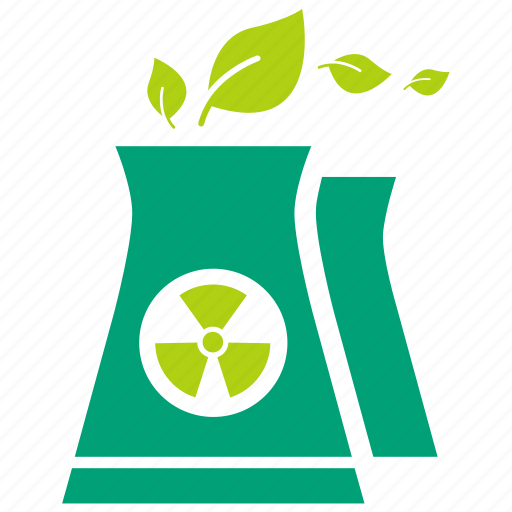Source: https://www.world-nuclear-news.org/Articles/CERN-s-decision-to-end-cooperation-with-Russian-sc
CERN, the European Council for Nuclear Research, is to cut cooperation with Russian scientists later this year, a decision the country’s Foreign Ministry Spokeswoman Maria Zakharova called “politically motivated and absolutely unacceptable”.
CERN was established in 1953, with cooperation with the Soviet Union first formalised in 1967. In 1993 a Cooperation Agreement was signed with the Russian Federation, which led on to the 2019 International Cooperation Agreement, which is in force until 30 November 2024 and constitutes the framework for cooperation between the parties.
Following a March 2022 United Nations General Assembly Resolution, entitled "Aggression Against Ukraine”, it suspended the Observer status of the Russian Federation until further notice and “the effective suspension of all exchanges of funds, materials and personnel in both directions with the Russian Federation and the Republic of Belarus, and suspended the participation of CERN scientists in all scientific committees of institutions located in the Russian Federation and the Republic of Belarus, and vice versa”.
The decision to end the cooperation agreement was taken in December 2023 when CERN’s Council passed a resolution “to terminate the International Cooperation Agreement between CERN and the Russian Federation, together with all related protocols and addenda, with effect from 30 November 2024; To terminate … all other agreements and experiment memoranda of understanding allowing the participation of the Russian Federation and its national institutes in the CERN scientific programme, with effect from 30 November 2024; AFFIRMS That these measures concern the relationship between CERN and Russian and Belarusian institutes and do not affect the relationship with scientists of Russian nationality affiliated with other institutes”. The cooperation agreement with Belarus will come to an end on 27 June, before the Russian one ends.
Russian scientists are continuing to work at CERN at the moment - earlier this week Pavel Logachev, director of the Institute of Nuclear Physics at the Siberian Branch of the Russian Academy of Sciences, told the TASS news agency that six of their researchers would continue their work at CERN until the end of the agreement.
And a spokesperson for the Institute of Nuclear Physics at the Siberian Branch of the Russian Academy of Sciences told TASS: “The decision will negatively affect scientific research carried out both by CERN and Russian institutions. A process is currently under way to hand things over to our colleagues from various CERN member states, which is expected to be completed by November 2024.”
When asked about the situation on Wednesday, the Russian Foreign Ministry’s Zakharova called the CERN decision a “political” one that was “unacceptable”, saying it runs “completely counter to the spirit of scientific cooperation … foreign researchers and companies willing to boost cooperation with our country are the victims of this aggressive campaign”.
CERN, which is based in Geneva, says its mission is to help “uncover what the universe is made of and how it works. We do this by providing a unique range of particle accelerator facilities to researchers, to advance the boundaries of human knowledge”. Among its achievements have been the Large Hadron Collider, which started up in 2009, the Higgs boson was discovered in 2012 and it was also the birthplace of the World Wide Web. CERN has 23 Member States, 10 Associate Member States and includes 17,000 people from all over the world, with more than 110 nationalities represented.


Sure, absolutely. It is often a part of the sacrifice you do when doing postdocs and sometimes also for professors, that you live separated or you have the family move with you. Some universities also allows for the opening of a second position for the spouse for an incoming professor. This is of course a different situation. Successful or not, I’d hope that at least some offers have been handed out, giving them the choice.
You are missing my point. If Putin says that they should come back (and I have now doubt that this would happen if they are offered positions) they would go back.